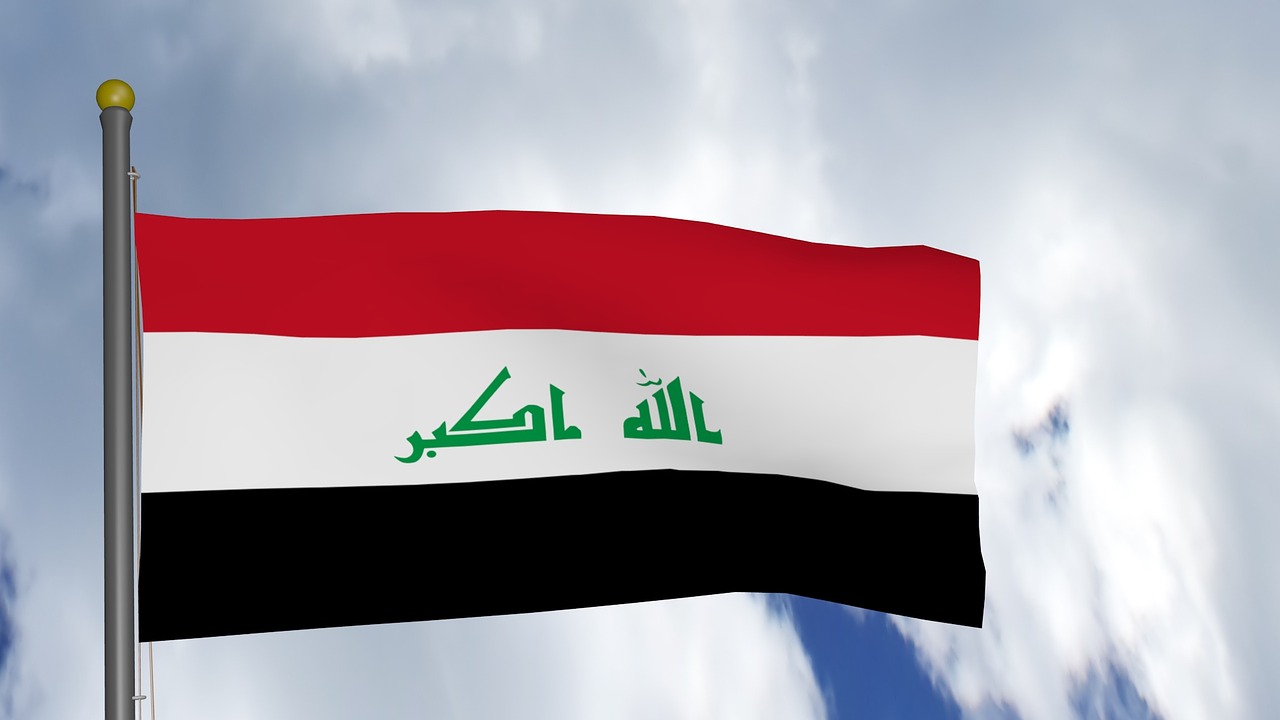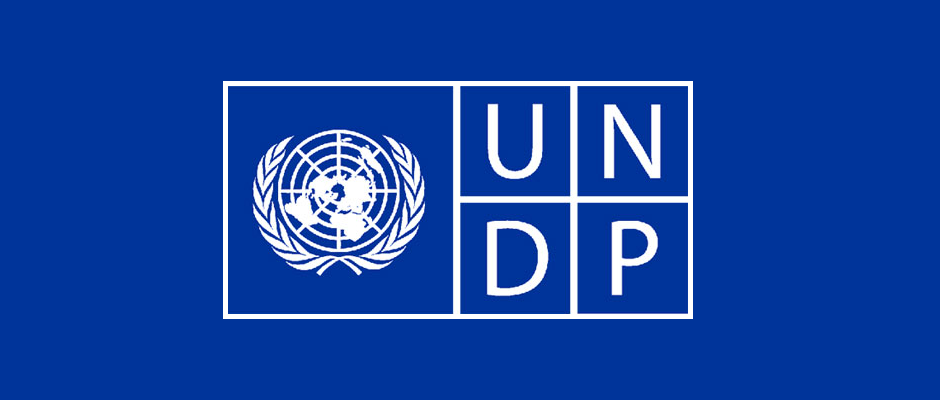
As the battle of Mosul looms, it may be wise to place on the back burner the debate on regional formation initiatives.
The decentralisation of security, spending and administrative power is regularly cited as a means of reducing tension in a post-Islamic State Iraq. The logic is commendable: If Sunnis and Kurds are freer to manage their own affairs, then they will have more stake in cooperation with Baghdad, and there will be less room for the Islamic State of Iraq and the Levant (ISIL, also known as ISIS) to operate along the tense, dividing lines between central Iraq and the northern and western peripheries.
Easy to say, harder to do. In decentralisation, the devil is in the detail. How much input should Baghdad versus local actors have in the recruitment of local security forces? Which spending should ministries versus provincial councils control? How much money will be sent to the local level? And who controls the oil?
These issues are being actively debated across Iraq, and strong emotions are the result. In disputed Kirkuk – claimed by Kurds, Turkmen and Arabs – the province’s dynamic governor, Najmaldin Karim, has welcomed an open debate on the issue of how the province should be governed in future.
Three Options
There are three options. Depending on a referendum result Kirkuk could join the multi-province Kurdistan region of northern Iraq (KRI), or it could choose to stay as one of the 15 provinces administered directly by Baghdad.
A third option, touted by Karim as an interim step, would be for Kirkuk to take the legal steps to become a region like the KRI for a few years.
What would change if Kirkuk became a region? A contentious “final status” decision on Kirkuk’s long-term relationship with Baghdad or the KRI might be postponed, while in the interim, Kirkuk would gain some advantages.
It would enjoy strengthened revenue management, potentially exporting its own crude as the KRI does. Kirkuk could legally form its own Regional Guard Brigades and receive international training and assistance as the KRI’s Peshmerga does.
Kirkuk would gain much more administrative control over service provision in its territory. And outlying parts of Kirkuk, like Arab-populated Hawija, could petition to become a province itself, much as the KRI contains four subordinate provinces (Erbil, Sulaimania, Dohuk and Halabja).
But many Iraqi factions also fear such an outcome. Baghdad would probably not welcome a further loss of control over Kirkuk crude and a general reduction of its role in Kirkuk.
The Kurdish factions seem to fear that regional formation in Kirkuk could permanently separate this area from the KRI, or strengthen local Kirkuki leaders in relation to the political parties of the KRI. As a result, Governor Karim has found himself under attack from all sides.
Now, the battle of Mosul is nearing, and the city might even be liberated before year’s end. Already, there is an open debate on whether Nineveh province, centred on Mosul, should become a KRI-style region encompassing multiple new provinces.
There’s some value to this idea. Urban Mosul and rural Arab Nineveh are led and populated by very distinct social and tribal groups, respectively. Sinjar district to the west is heavily Yezidi; Tall Afar district next door is Turkmen-dominated, including many Shia Turkmen. The Nineveh Plains to the east of Mosul are populated by Christians, Shabaks and Yezidis.
State of Shock
One day, this might be a reality, but it is arguably too early – and too dangerous – to seriously debate this issue today. Moslawis will be in a state of shock when they are liberated, and they will be keenly watching to see if the return of outside forces is in their interest or not. This is a time for reassuring small steps in the right direction, not for the earth-shattering redrawing of the map.
Though every group might ultimately benefit from a new regional government in Nineveh, in the short-term, all would fear what the changes mean and how they would be implemented. It’s arguable that Nineveh and Mosul cannot afford this kind of uncertainty in the post-liberation months.
As advocates of devolution say: There is probably never a “right time” to start this touchy process. But today is arguably one of the least promising moments due to the extraordinary fragility of the country and the political discord in Baghdad and the KRI.The Baghdad factions might not react well either: In 2011, the provinces of Salah al-Din and Diyala began the legal steps needed to form their own regions, and the federal government’s reaction was to enact martial law in these governorates.
Most international partners are unlikely to back regional formation efforts in Mosul or Kirkuk now because of their potential to derail Baghdad-KRI cooperation or exacerbate local-level tensions in liberated areas.
Instead, a better model for today’s conditions may be a strong multi-province push for wider implementation of the significant decentralisation measures contained in Iraq’s 2008 Law on the Provinces Not Organised into a Region, also known as the “provincial powers law”.
Baghdad politicians prefer this model because it does not threaten to create permanent new regions like the KRI with their own constitutions, laws, armed forces and energy policies. KRI-style regions, which include their own parliaments and ministries, require a lot of effort to develop; the Kurds had to build these institutions over a decade when they were cut off from Saddam’s Iraq.
Building these structures in resource-strapped Kirkuk or newly-liberated Mosul may be impractical at present. As the battle of Mosul looms, it may be worthwhile placing on the back burner the controversial debate on regional formation initiatives.
Read the full article on Aljazeera website.
Michael Knights is the Lafer Fellow at the Washington Institute for Near East Policy. He specialises in the politics and security of Iraq. He has worked in every Iraqi province and most of the country’s hundred districts, including periods embedded with Iraq’s security forces.



